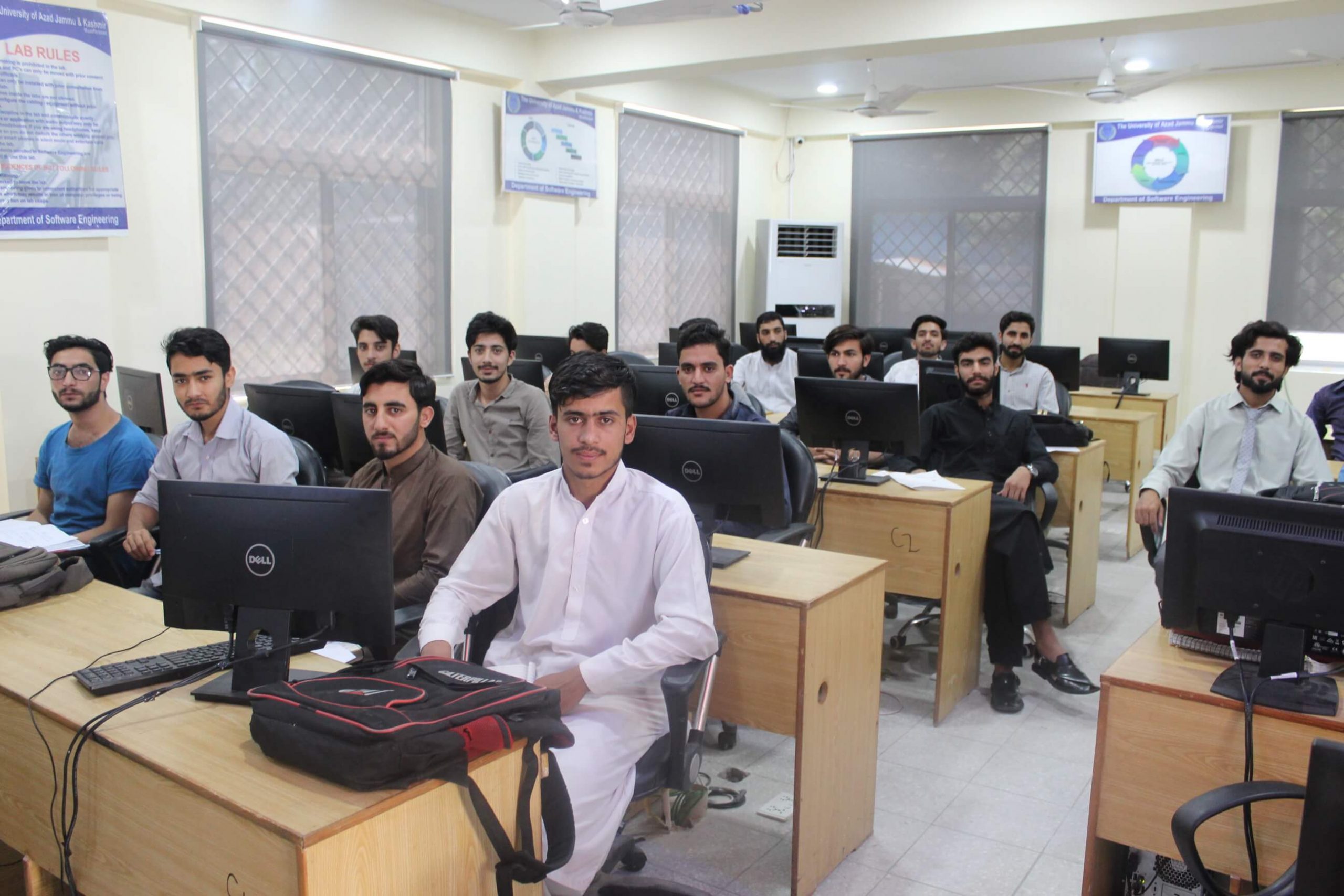Motion along a straight line.
Vectors.
Motion in 2 and 3 dimensions.
Force
Friction
Vibrations and Oscillations
Wave Motion and Sound
Work and Energy
Kinetic and Potential energy
Conservation of energy.
Center of mass and rotation
Linear momentum.
Torque and angular momentum.
Equilibrium and elasticity.
Thermal Equilibrium and zeroth law
First and second law of thermodynamics
Introduction to electric charge
Conductors and Insulators
Coulomb’s Law
Quantization and Conservation of Charge.
Introduction to Electric Field
A point charge in electric field
A dipole in electric field
Electric Flux
Gauss’ Law and its Applications
Electric potential and Electric potential energy
Potential due to a point charge
Potential due to group of charges
Potential due to an electric dipole
Potential due to continuous charge distribution
Introduction to capacitance
Capacitors in parallel and series
Energy stored in an electric field
Dielectric
Introduction to electric current
Effects of Electric Current
Sources of Electricity
Current density
Resistance and Resistivity
Ohm’s Law
Power in electric circuits
Semiconductors and super conductors
Introduction to electric circuits
Pumping charges
Work, energy and EMF
Single and Multi-loop circuits
The ammeter and voltmeter
Introduction to magnetic fields
The Hall effect
Magnetic field on a current carrying wire
Torque on a current loop
Electromagnetic Induction
Lectures (audio/video aids), Written Assignments/ Quizzes, Tutorials, Case Studies relevant to engineering disciplines, Semester Project, Guest Speaker, Industrial/ Field Visits, Group discussion, Report Writing
Mid Term, Report writing/ Presentation, Assignments, Project Report, Quizzes, Final Term

There are 133 total credit hours to complete the Software Engineering degree.
